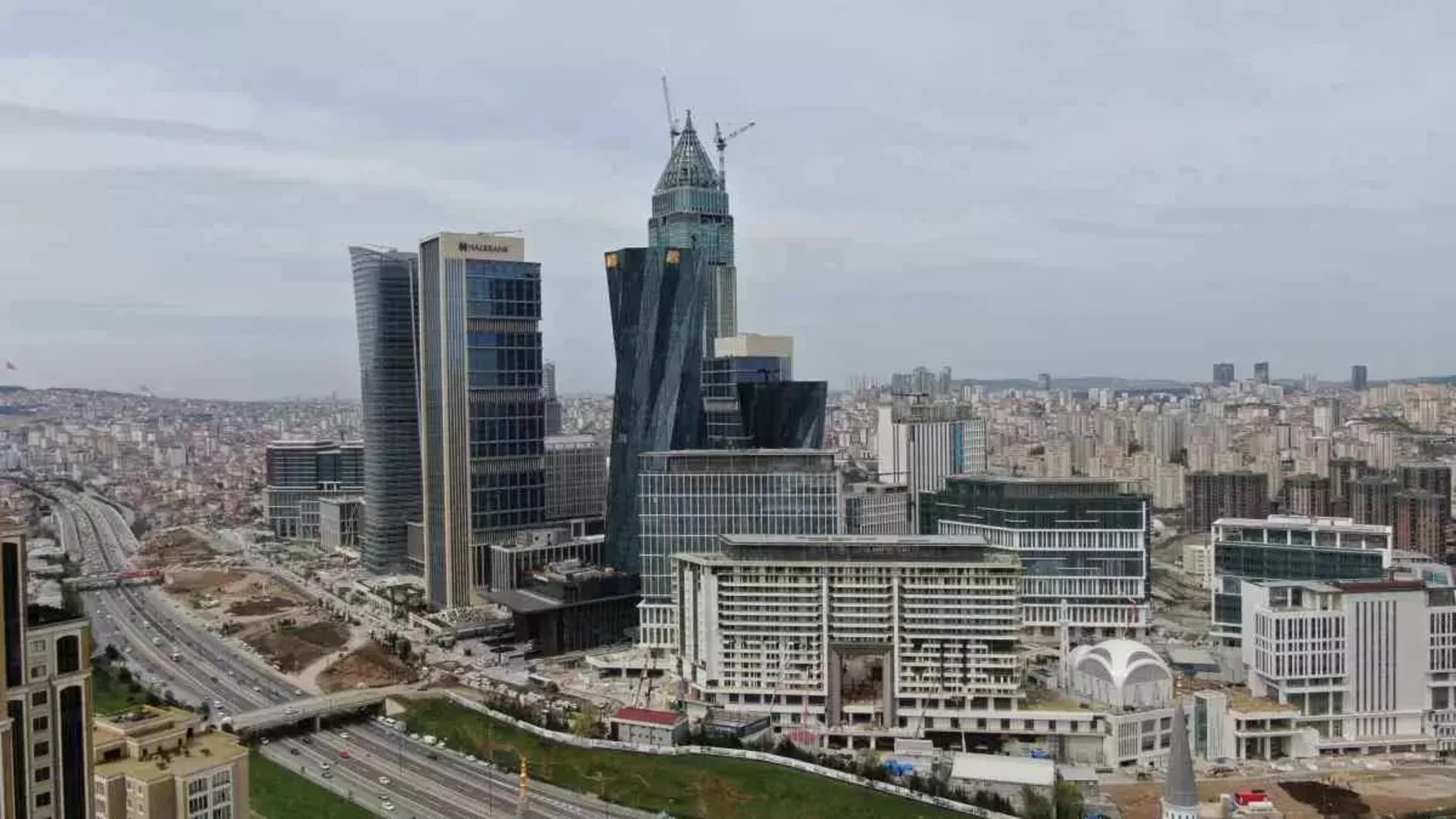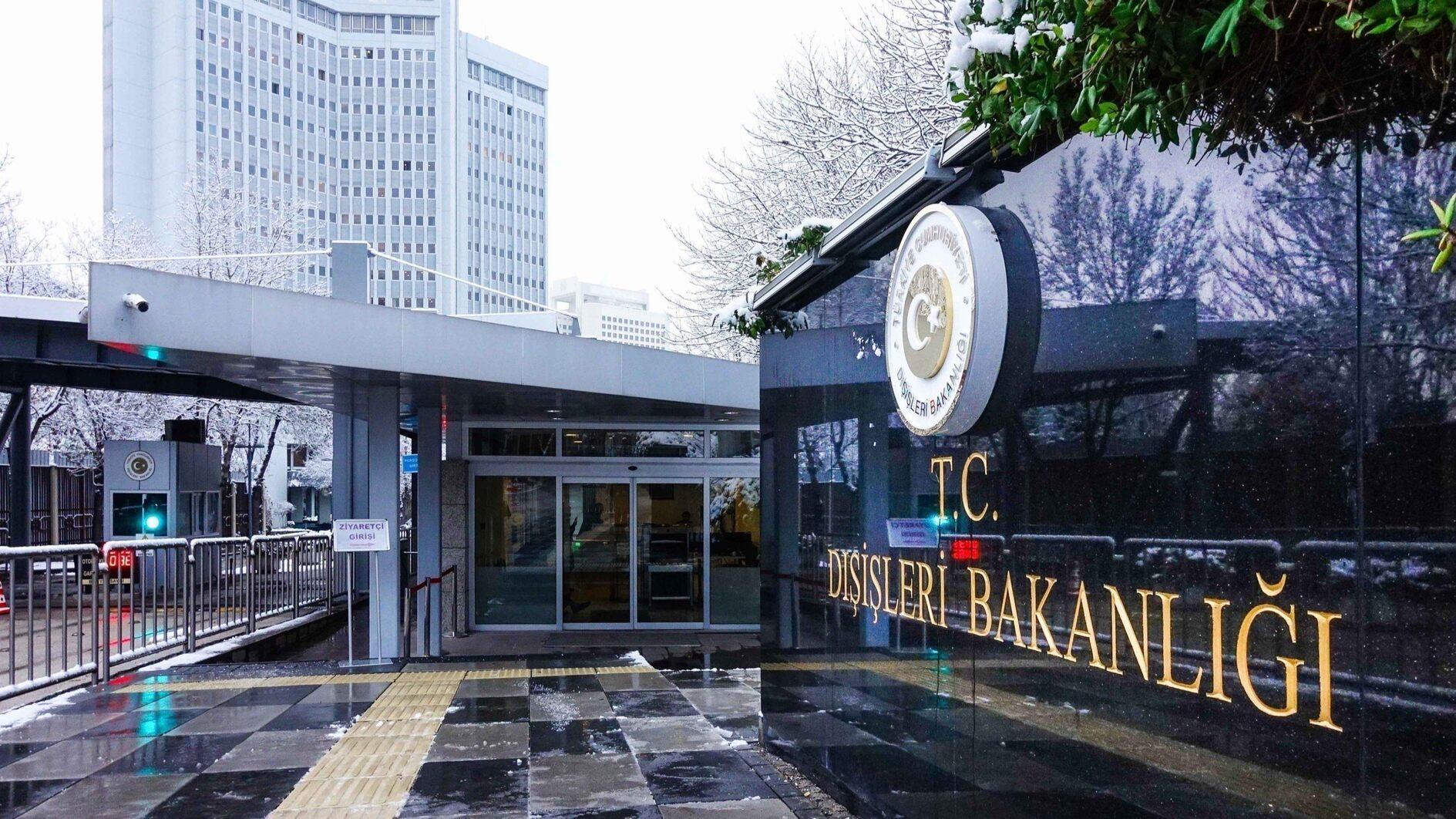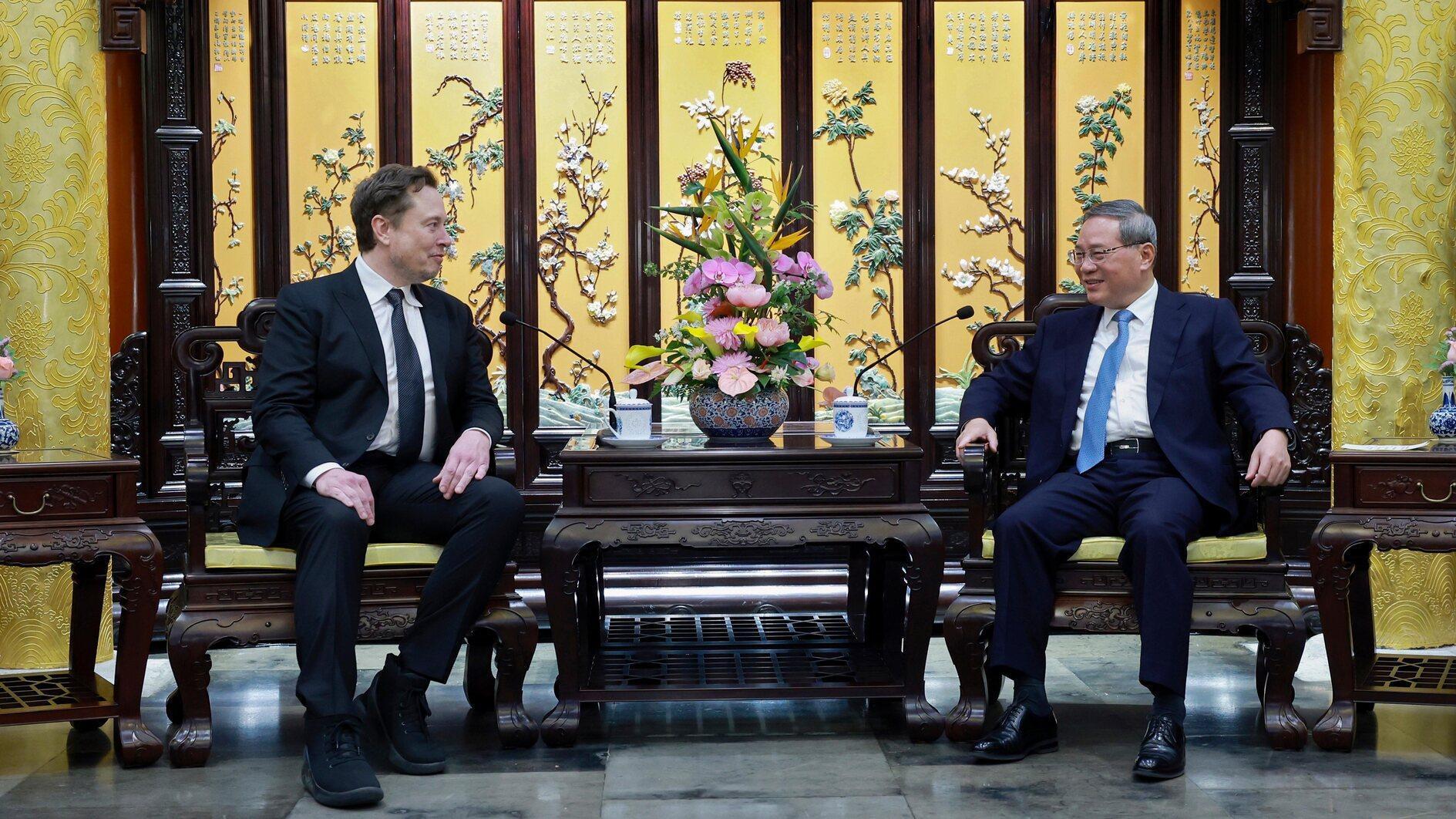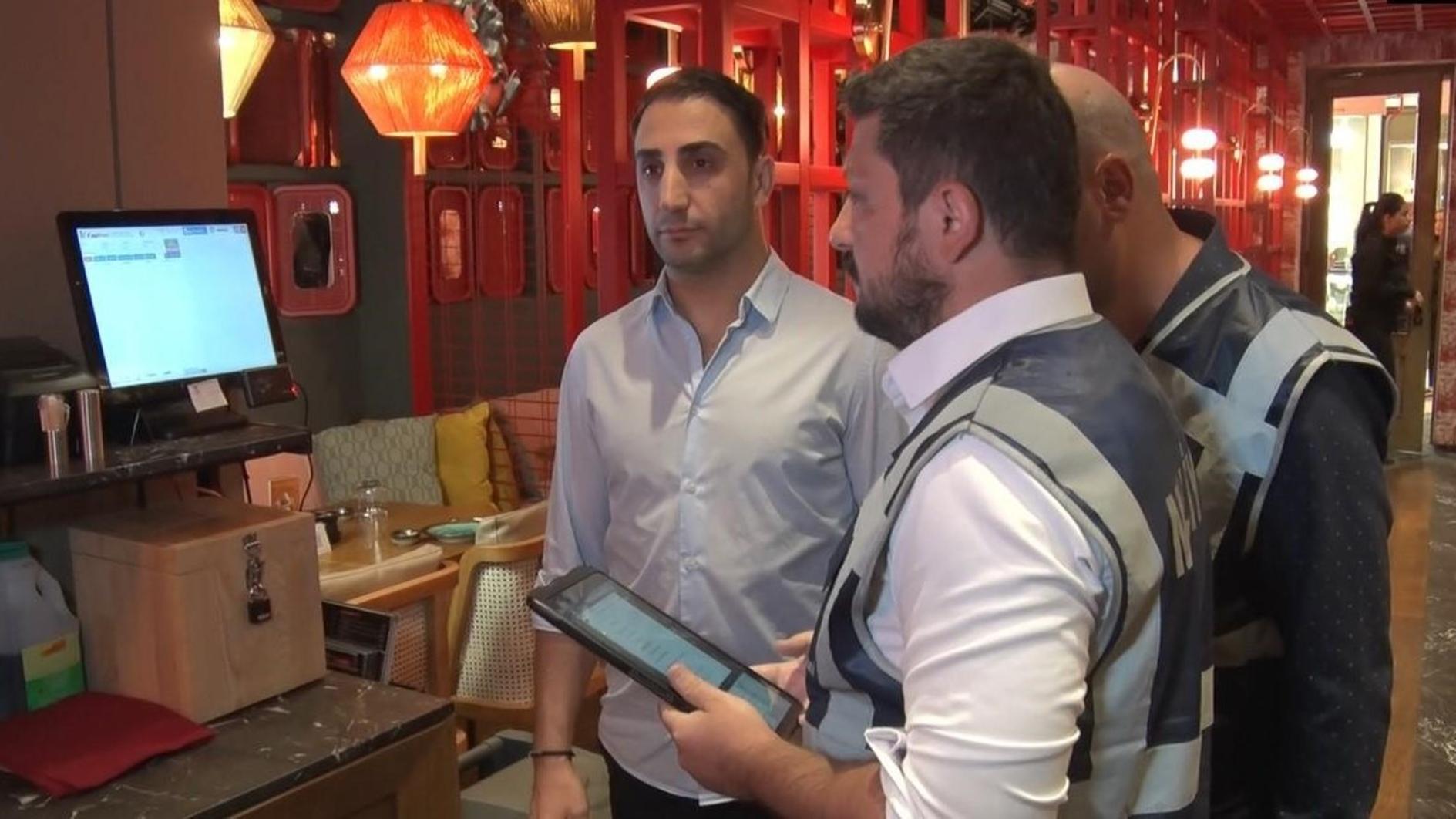China inflation falls, giving room to promote spending
BEIJING - The Associated Press
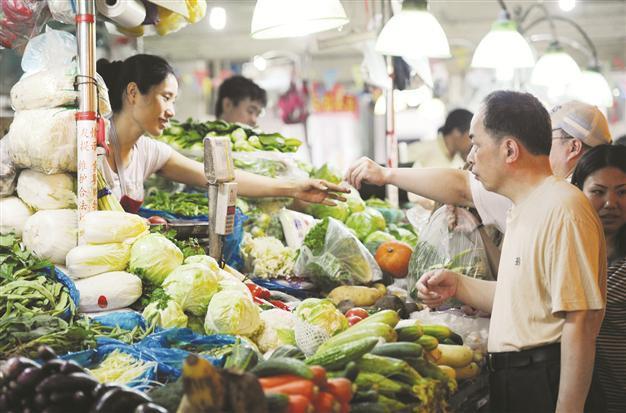
People shop for vegetables at a wet market in Shanghai. China’s inflation rate slowed to 2.2 percent in June, official data says. AFP photo
China’s inflation fell to a 29-month low in June, giving Beijing more room to fight a deepening economic slowdown.Consumer prices rose 2.2 percent over a year earlier, down from May’s 3 percent, government data showed yesterday. Food costs rose 3.8 percent.
Lower inflation clears the way for Beijing to cut interest rates or boost spending to reverse China’s deepest slump since the 2008 global crisis with less danger of igniting a spike in politically sensitive living costs.
Premier Wen Jiabao warned over the weekend that the world’s second-largest economy still faces “huge pressure” to decelerate. That suggested Beijing might roll out more stimulus measures following two rate cuts since the start of June, a reduction in gasoline prices and higher public works spending.
The slowdown and measures to fight it could have global repercussions if they disrupt Chinese demand for imported oil, iron ore and consumer goods from the United States, Europe and other struggling economies.
Lower price pressures “do leave more room for more policy easing” but inflation “will likely soon bottom out and should rebound late in the year,” said Credit Agricole CIB economist Dariusz Kowalczyk in a report.
Beijing is likely to avoid more rate cuts and instead probably will increase the amount of money available for lending by reducing minimum reserve limits for banks, Kowalczyk said. He said he expects more tax cuts and spending on infrastructure and other initiatives.
“We remain confident that these measures will suffice to revive growth,” he said.
June’s headline inflation was the lowest since January 2010’s 1.5 percent. Prices then spiked much higher, fueled in part by Beijing’s flood of government spending and bank lending in response to the 2008 crisis.
Beijing tightened controls repeatedly last year to cool an overheated economy and surging prices but reversed course after global demand plunged and growth slowed abruptly, raising the threat of job losses and unrest.
The slowdown comes at a politically awkward time for the ruling Communist Party, which is trying to enforce calm ahead of a planned handover of power to a younger generation of leaders.
In his weekend comments, Wen promised to “fine-tune economic policies,” according to the official Xinhua News Agency, but no details or new initiatives were announced.
The government is trying to boost growth without allowing the flood of money to cause a repeat of the stock and real estate speculation that followed its 2008 stimulus and pushed up housing costs.
Clinton slams Chinese model
ULAN BATOR – The Associated Press
U.S. Secretary of State Hillary Rodham Clinton took aim yesterday at China’s model of economic growth, arguing that it undermines long-term prospects and urging other Asian countries to expand markets and political freedom at the same time.
Without mentioning Beijing by name, Clinton laid out a week of diplomatic efforts she will make across Asia to press governments into improving the rule of law and free expression.
Speaking at a woman’s event in Mongolia, China’s northern neighbor, she said limiting freedom “kills innovation and discourages entrepreneurship,” and ultimately undermines economic expansion.


